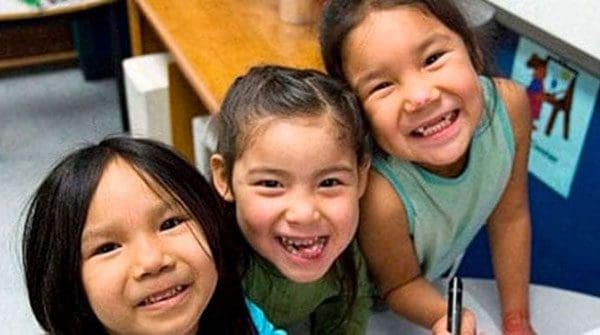 The ’60s Scoop is back in the news again. And we’re no closer to a solution to a problem that has plagued the nation for generations.
The ’60s Scoop is back in the news again. And we’re no closer to a solution to a problem that has plagued the nation for generations.
The federal government has set aside $875 million for Indigenous adults who were adopted into non-Indigenous homes in the 1960s, ’70s and early ’80s. Those who accept the money don’t have to prove they suffered any harm. They automatically qualify because they’re Indigenous and adopted during the relevant time period. Others are filing lawsuits seeking specific damages. In total, taxpayers may be on the hook for billions.
Some of the lawsuits involve claims of adopted Indigenous children used sexually or abused in other ways by adopting parents and siblings.
But, in most cases, there was no such abuse. In fact, in most situations adopting parents did everything a good parent could be expected to do. The reality is that most parents who made the brave decision to adopt an Indigenous child were exceptional people. And many adoptions were successful, with children growing up in stable, loving homes.
A healthy child of any ethnic or racial group can thrive in a good home – regardless of the ethnicity or race of the adopting parents. However, there were an alarming number of adoptions of Indigenous children that didn’t work. There are many reasons for this but racism towards Indigenous people was a factor.
One reason for the high incidence of adoption breakdowns – not fully understood at the time – is that many of the children suffered from fetal alcohol spectrum disorder (FASD). Heavy drinking was virtually a way of life on many reserves – as it still is, sorrowfully. That many children taken from alcoholic homes were unfortunate victims of FASD is not surprising. They have a very difficult time succeeding in life. In too many adoptions, and despite the best of parental care, the FASD factor was the primary cause for the adoption breakdown.
Adoption has been discredited as a way to provide a permanent home for Indigenous children. This is not the case with any other racial or ethnic group. There are thousands of successful adoptions of children from every corner of the globe. Adoption has been a valuable and necessary institution throughout history.
But adoption is now virtually unavailable to Indigenous children. We are left with today’s dismal child welfare reality. Thousands of children must be removed from alcoholic parents but leaving the children in inadequate home situations is not a responsible option.
When children are removed from their biological parents now there is virtually no prospect of having them adopted into a permanent home: a series of foster homes awaits, a childhood and adolescence of too many bouncing from foster home to foster home. Finally, left to an adult fate, the streets or jail.
Will today’s apprehended children – scooped by now mainly Indigenous child care workers – be launching their own lawsuits in future years? Even with Indigenous child welfare workers and Indigenous agencies, there are more Indigenous children in care today than before the agencies took over.
The Indigenous child welfare problem has not really changed since the 1960s. It was the same national tragedy then as it is today. And giving money to people won’t change that harsh reality.
Brian Giesbrecht is a retired judge and senior fellow with the Frontier Centre for Public Policy.
The views, opinions and positions expressed by columnists and contributors are the author’s alone. They do not inherently or expressly reflect the views, opinions and/or positions of our publication.


